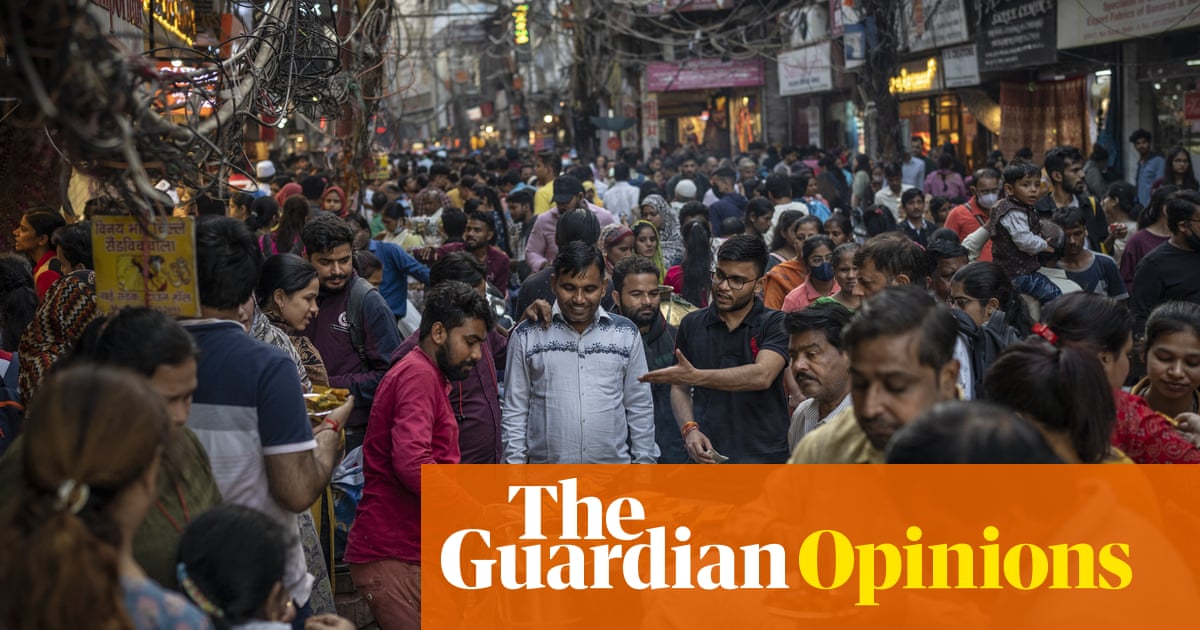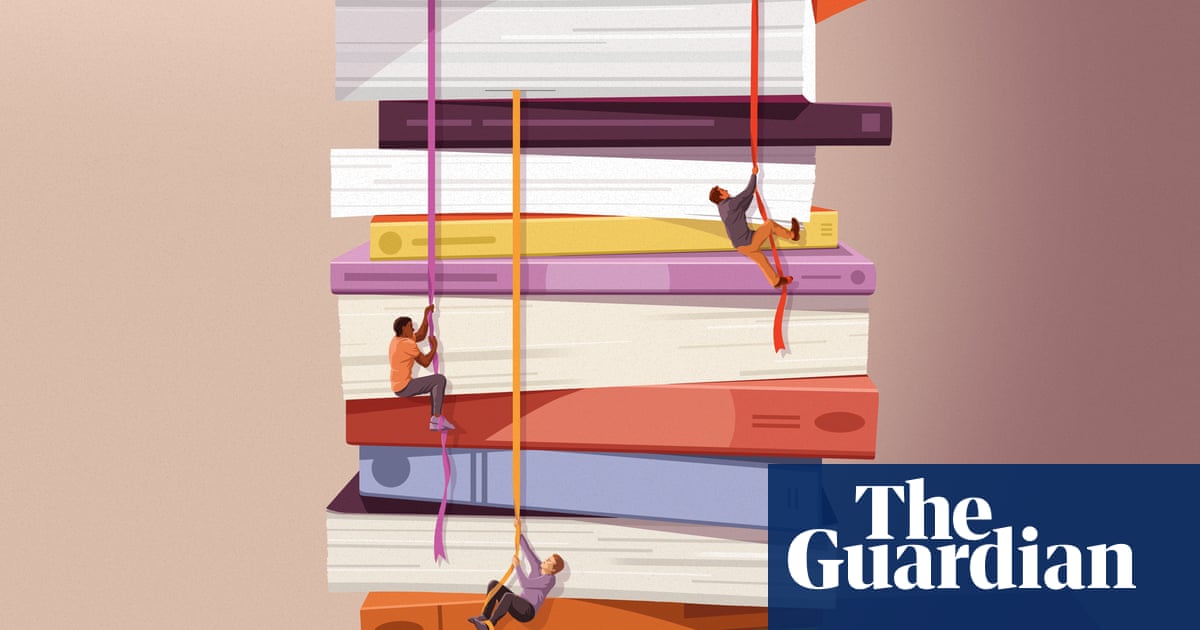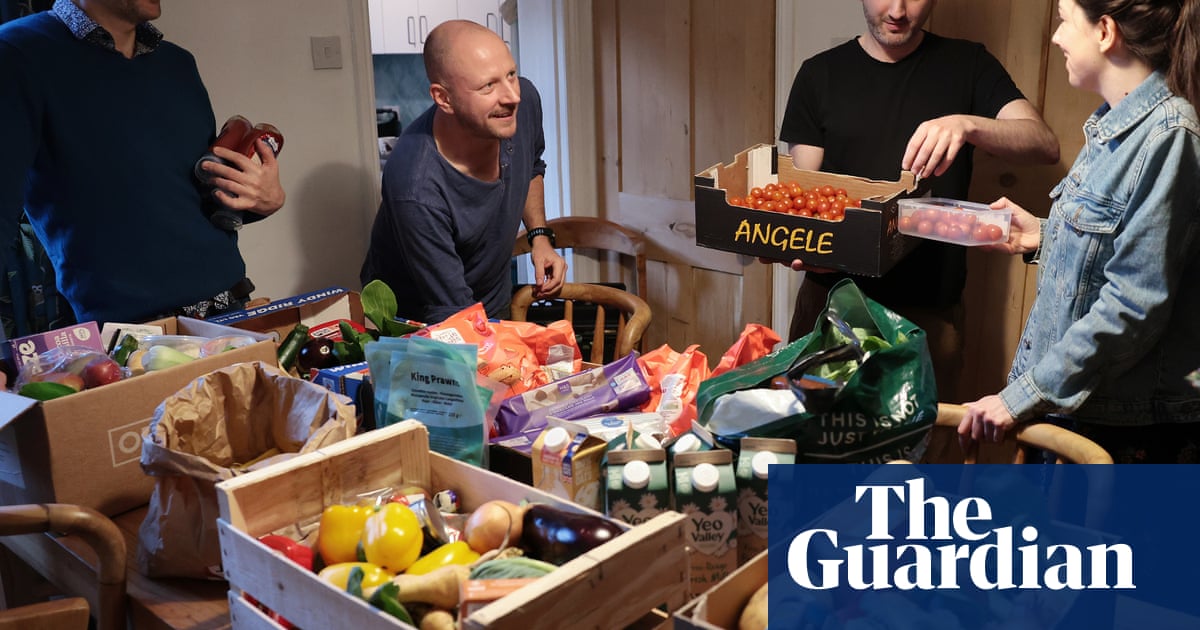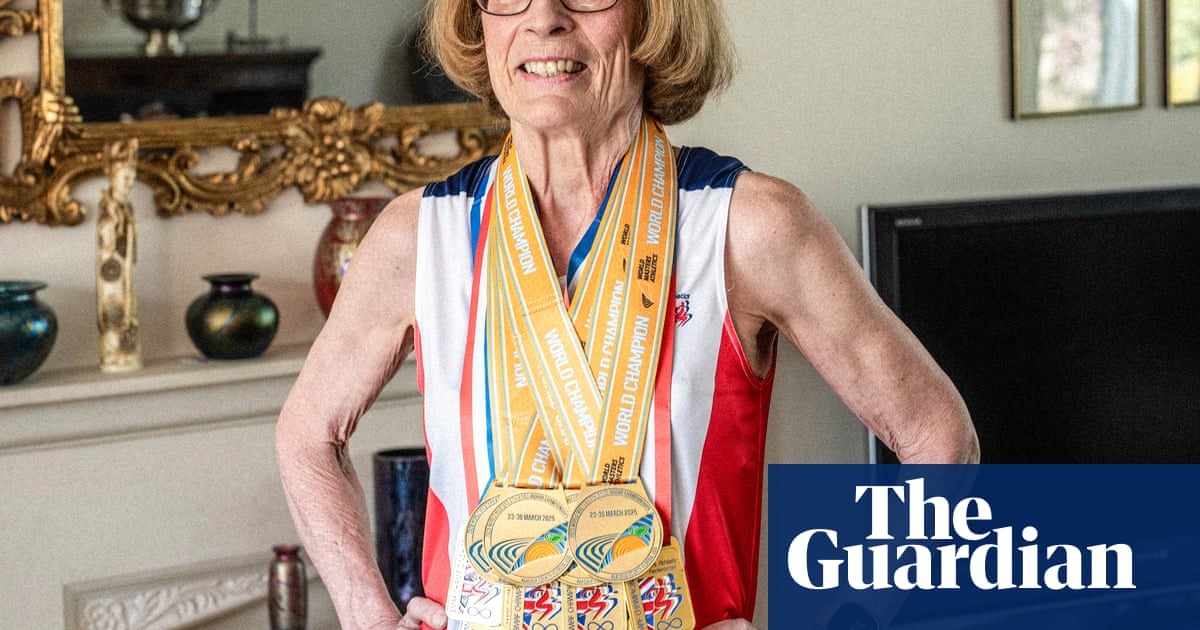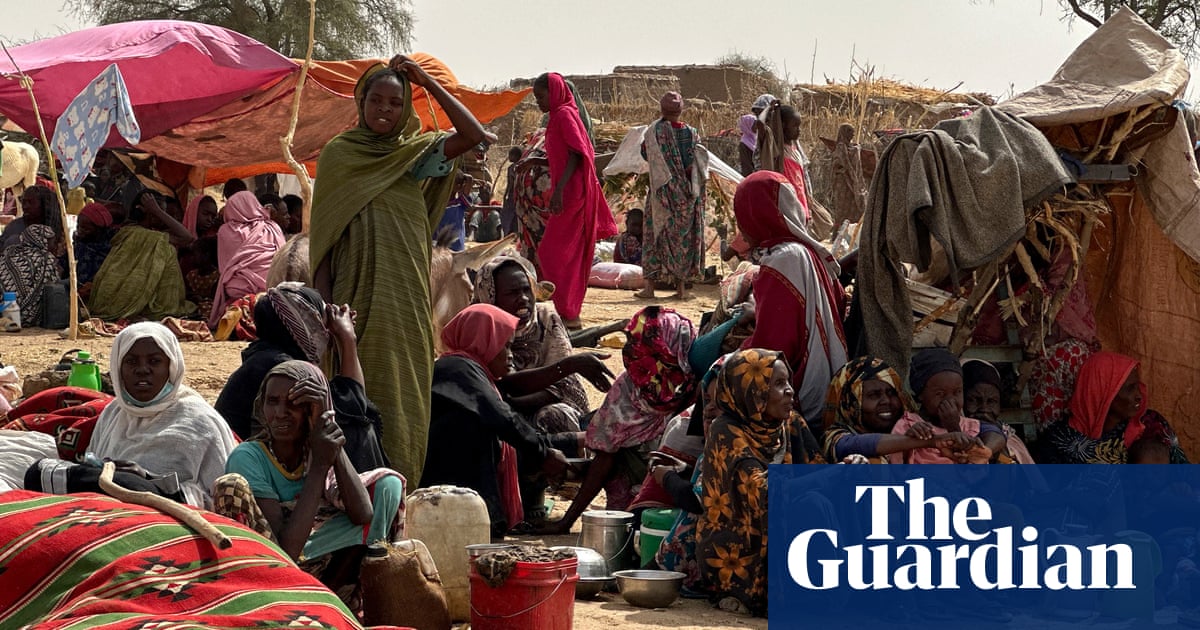Before the war, students in Gaza were surrounded by books, not bombs. They woke each morning to the voices of their mothers urging them to get ready for school, not to the sound of airstrikes and screaming. They were focused on building a future, working hard to shape a better life for themselves and their homeland.
Before the war started, my best friends and I used to go to the restaurants that were near the university, talking, laughing, eating and studying together, eating our breakfast together under a blue sky before going to the first lecture.
Before the war, all the schools and universities were alive with the energy of students and teachers. Now, many of those buildings have been reduced to rubble. The last day students attended school was Thursday, 5 October 2023. That day became a tragic dividing line between normalcy and chaos, between life and death.
On that day, my first lecture was the poetry course with Dr Refaat Alareer. He entered the class, holding his MacBook and the textbook for our class. I remember the first lecture in the first semester, he began with a discussion of a poem, and his way of teaching was perfect, and every single word he spoke held the attention of all the students. His lectures were like performances, and each one was a tale.
On the night of 6 October, I couldn’t sleep, and I didn’t know why. I closed my eyes and tried to sleep, but all my attempts were in vain. I started to worry about what would happen the next day if I had no sleep. What if I woke up late and missed the beginning of Dr Refaat’s lecture? Finally, I slept, and when I woke up it was not from the sound of my alarm, but from the pounding of bombs. To this day, I wish I could go to sleep and wake up to go to my university, as though this terrible war were just a nightmare that never really happened.
Thousands of students have been killed by the occupation in a brutal, ongoing genocide that has shattered souls, destroyed homes, and turned every street corner into a place of mourning. Tens of thousands more have been injured, displaced, or forced to flee from one temporary shelter to another. My poetry teacher, Dr Refaat, who was an internationally acclaimed poet, was killed in December 2023.
Since the beginning of the war, life has become a daily struggle, surviving in tents, under fire, surrounded by destruction. These students have witnessed scenes no one should ever see: death, bloodshed, and heartbreak. Despite all this, education remains a lifeline, a small piece of hope and normalcy amid the horror.
Even before they could return to their studies, they were forced to learn new, harsh lessons: how to move quickly under fire, how to fetch water from distant places, how to bury loved ones alone, because in Gaza, every day brings another funeral.
Many students returned to their schools not to study, but to find shelter with their families. A few tried to resume their lessons in makeshift tents, guided by university students or teachers still devoted to education. Some university students turned to e-learning with local universities, while others applied abroad in search of a future.
My sister, who is in high school, is studying on her own despite the lack of books. She could study only in the morning because there is no electricity or lights at night.
No schoolbooks are available in the city, people burned them as fuel for cooking. Students also need paper, but it is too expensive now. Students pay one dollar for one sheet of paper; students are trying to download and print out PDFs of books they need for class. How can they possibly buy or print more than hundred pages for every single book?
As a university student myself, I completed my third year during the war. I faced countless challenges. The internet would disconnect during exams or lectures, leaving me helpless. I remember attending a class on my phone, hiding beneath a staircase while the sky outside burned red. I couldn’t hear my professor over the sound of drones, but I refused to miss a single lesson.
This was supposed to be the year of my graduation, the year I would stand among friends and colleagues, wearing caps and gowns on our university’s stage. But everything has changed. Many of our classmates have been killed, one after another, and our university stage was burned down and turned into a shelter. They replaced graduating students with tents, they replaced the songs of celebration with the sounds of the death.
Despite the horror, we students of Gaza still hold our pens like weapons of truth. We write, we learn, we dream. Our schools may be reduced to rubble, but our will is stronger than any bomb.
-
Nadera Mushtha is a writer and poet from Gaza who is studying English language education at the Islamic University of Gaza. Her writing has been published on Al Jazeera, Mondoweiss, the Electronic Intifada, and the Washington Report on Middle East Affairs

 1 day ago
9
1 day ago
9


